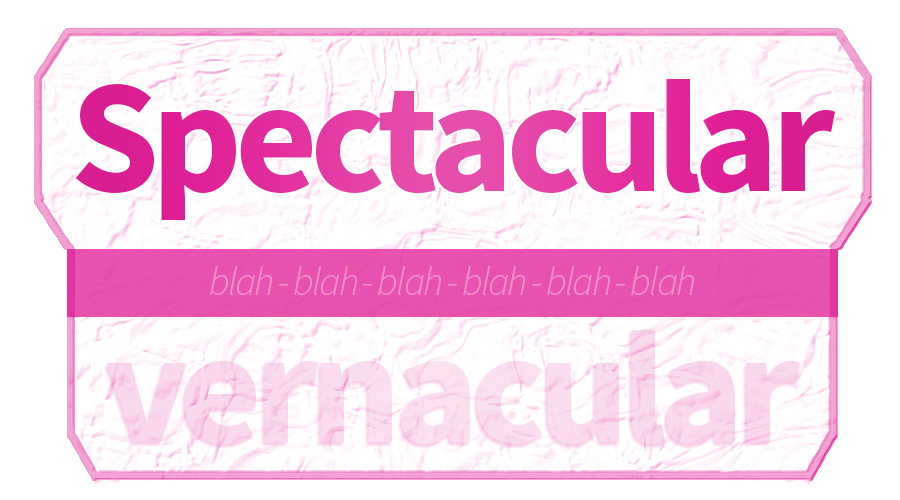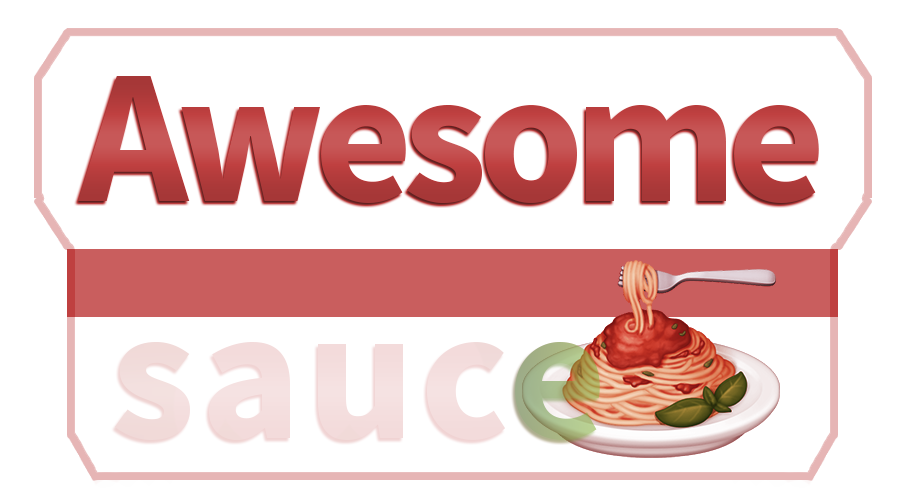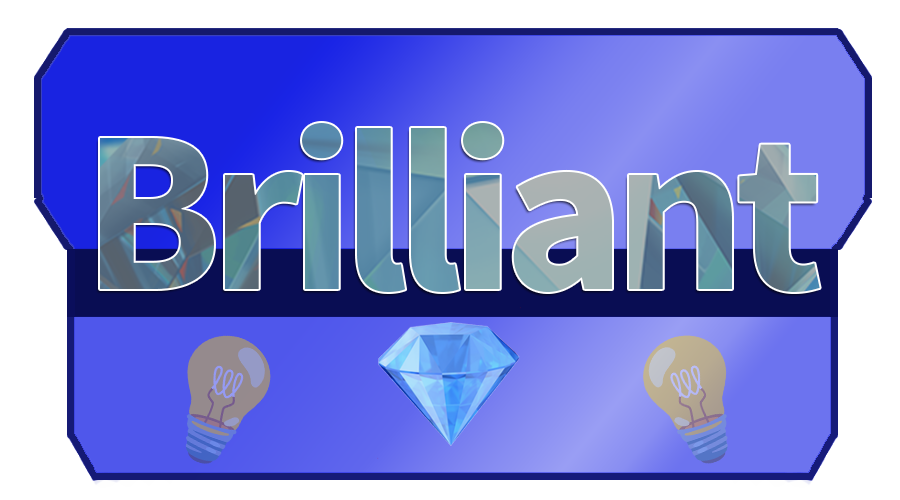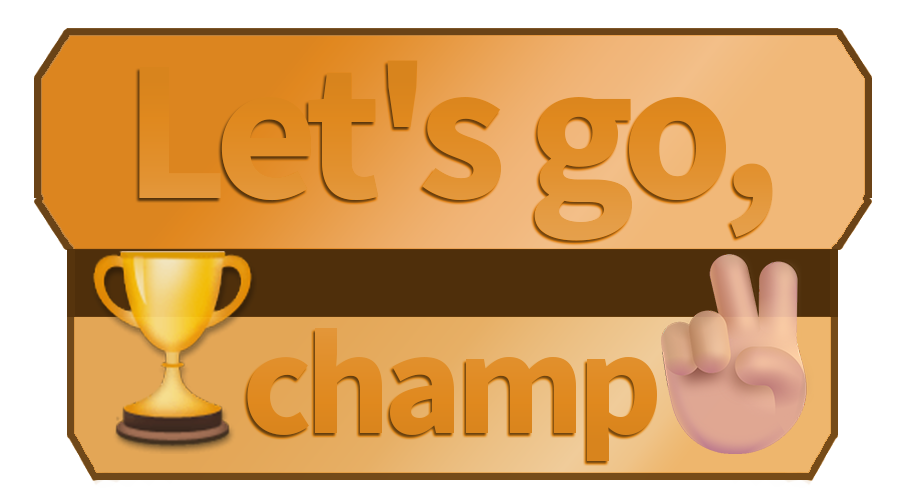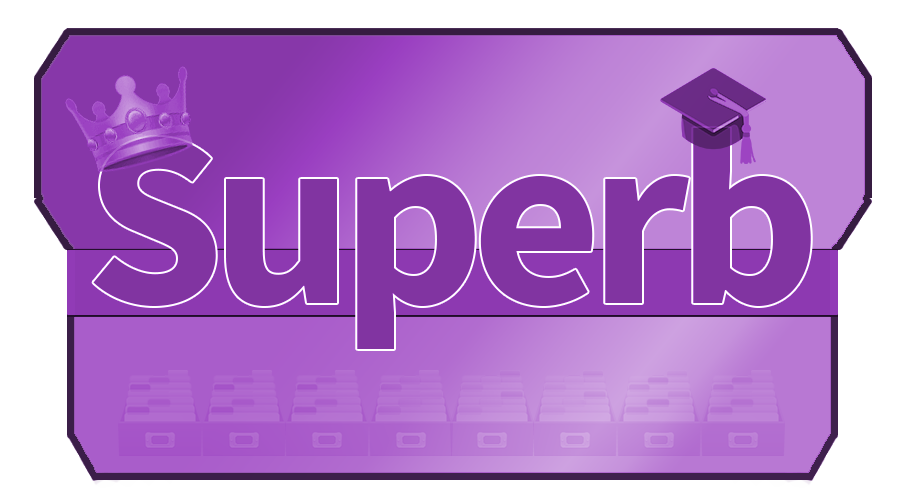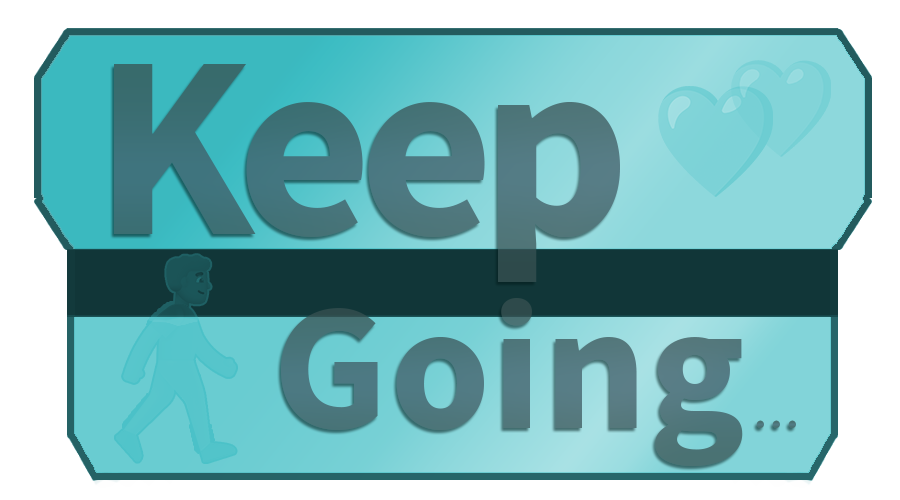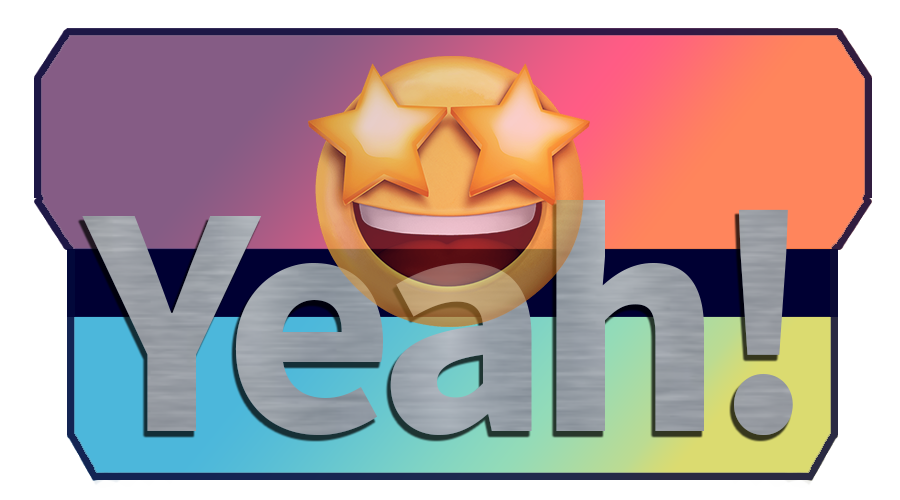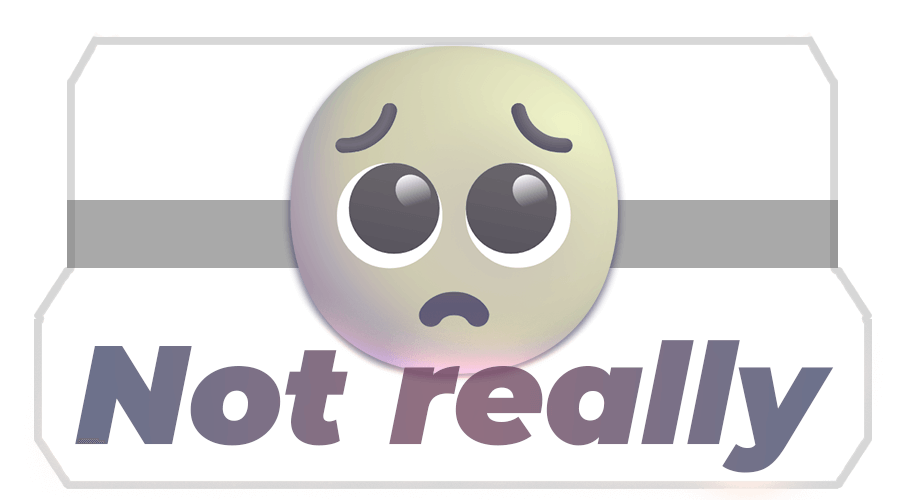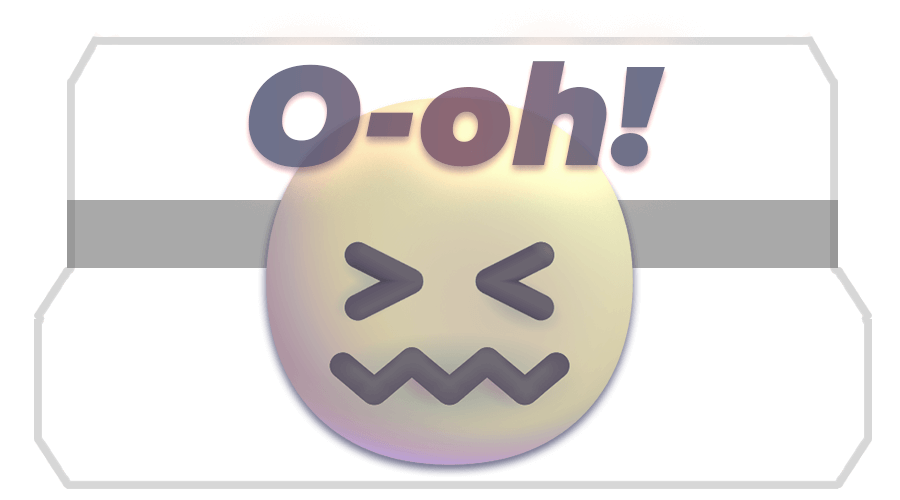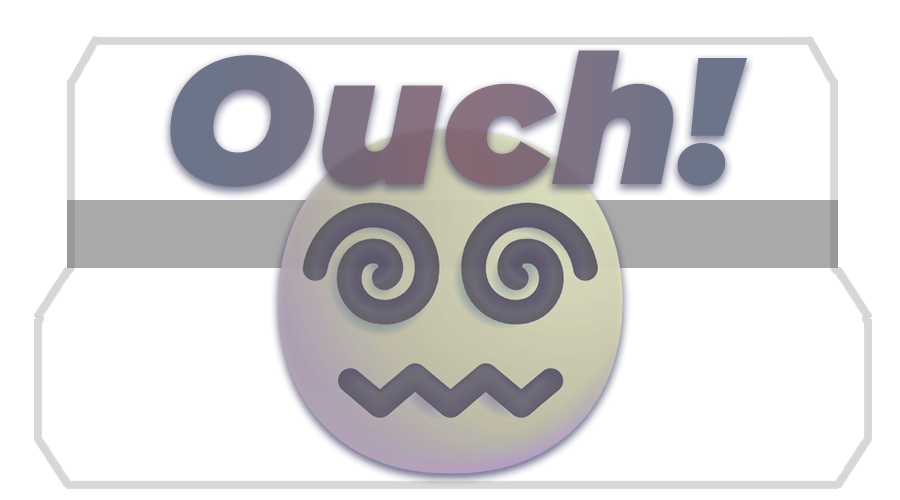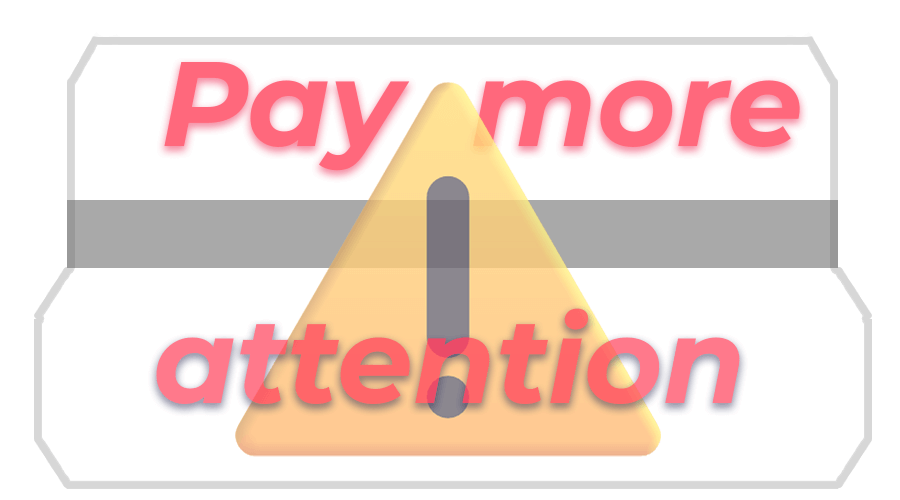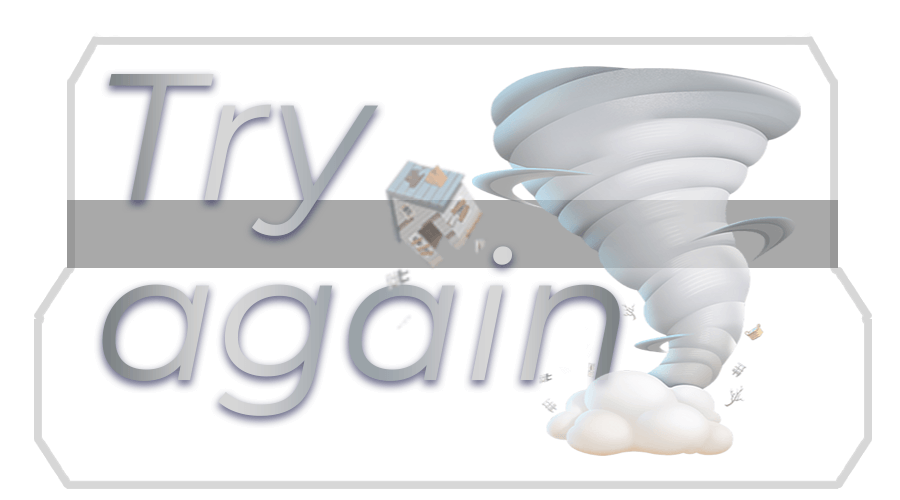UNIT 16 Be past simple (I was, I wasn’t, Were you… ?)
O verbo “be” no passado simples tem duas formas principais:
“was” e “were”.
Ele é utilizado para descrever estados, situações e eventos passados, sendo um dos verbos mais importantes na língua inglesa.
Saber usar corretamente o “was/were” é essencial para falar sobre:
- Eventos históricos: “Napoleon was the emperor of France.”
- Experiências passadas: “I was at the beach last weekend.”
- Sentimentos e estados: “She was very happy yesterday.”
- Lugares e datas: “They were in London in 2020.”
📖 Exemplos na Música e Literatura
| Categoria | Frase | Fonte |
| Música | “Yesterday, all my troubles seemed so far away. Now it looks as though they were here to stay.” | The Beatles – “Yesterday” (1965, álbum Help!) |
| Música | “I was born in a crossfire hurricane.” | The Rolling Stones – “Jumpin’ Jack Flash” (1968, single) |
| Música | “She was just seventeen, you know what I mean.” | The Beatles – “I Saw Her Standing There” (1963, álbum Please Please Me) |
| Música | “We were both young when I first saw you.” | Taylor Swift – “Love Story” (2008, álbum Fearless) |
| Música | “There was a time when I was alone, nowhere to go and no place to call home.” | Ruth B. – “Lost Boy” (2015, single) |
| Literatura | “It was the best of times, it was the worst of times.” | Charles Dickens – A Tale of Two Cities (1859) |
| Literatura | “All that we see or seem, is but a dream within a dream.” | Edgar Allan Poe – A Dream Within a Dream (1849) |
| Literatura | “He was an old man who fished alone in a skiff in the Gulf Stream.” | Ernest Hemingway – The Old Man and the Sea (1952) |
| Literatura | “There was no possibility of taking a walk that day.” | Charlotte Brontë – Jane Eyre (1847) |
| Literatura | “There was a boy called Eustace Clarence Scrubb, and he almost deserved it.” | C.S. Lewis – The Voyage of the Dawn Treader (1952) |
📌 Formas do Tempo Verbal
✅ Forma Afirmativa
| Pronome | Exemplo |
| I | I was at home. |
| You | You were happy. |
| He | He was tired. |
| She | She was a teacher. |
| It | It was a sunny day. |
| We | We were best friends. |
| They | They were in Paris. |
Exemplos Práticos:
- It was a beautiful morning.
- We were excited about the trip to New York.
- Although it was raining, they were enjoying the walk in the park.
❌ Forma Negativa
| Pronome | Exemplo |
| I | I was not (wasn’t) at home. |
| You | You were not (weren’t) happy. |
| He | He was not (wasn’t) tired. |
| She | She was not (wasn’t) a teacher. |
| It | It was not (wasn’t) a sunny day. |
| We | We were not (weren’t) best friends. |
| They | They were not (weren’t) in Paris. |
Exemplos Práticos:
- The weather wasn’t good yesterday.
- She wasn’t interested in the topic, so she didn’t participate.
- We weren’t expecting such a big surprise when we arrived at the party.
❓ Forma Interrogativa
| Pergunta | Exemplo |
| Was I…? | Was I late? |
| Were you…? | Were you happy? |
| Was he…? | Was he tired? |
| Was she…? | Was she a teacher? |
| Was it…? | Was it a sunny day? |
| Were we…? | Were we best friends? |
| Were they…? | Were they in Paris? |
Exemplos Práticos:
- Was it difficult to understand the instructions?
- Were you surprised by the ending of the movie?
- Were they planning to visit us, or was it just a rumor?
✅ Conclusão
O verbo “be” no passado é essencial para expressar eventos e estados passados com precisão. Seu uso está presente em músicas, literatura e no dia a dia.
Para se tornar mais confiante no uso de “was/were”, é importante praticar frases reais e estudar exemplos variados. Assim, você conseguirá expressar ideias com clareza e naturalidade.
Continue praticando! 🚀
Delorean care from movie Back to the Future going through a grammar book; in the background a billboard with these words written: “Past Simple with Verb to Be”


